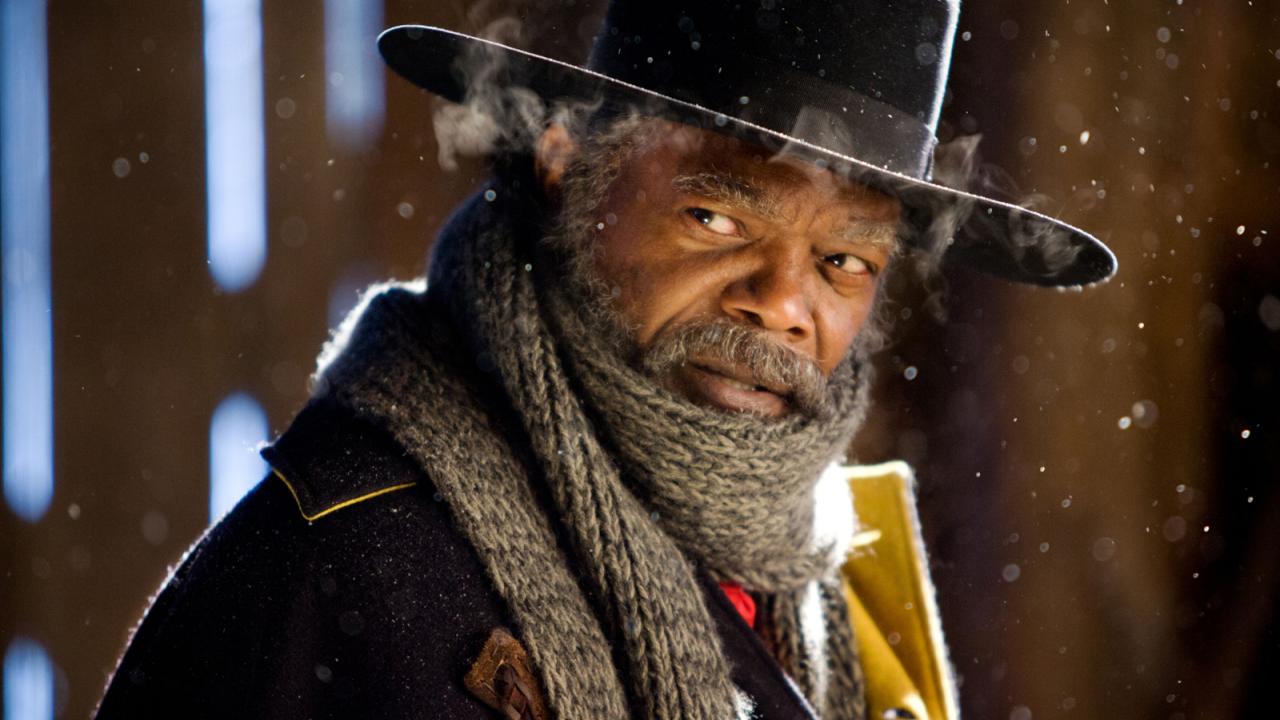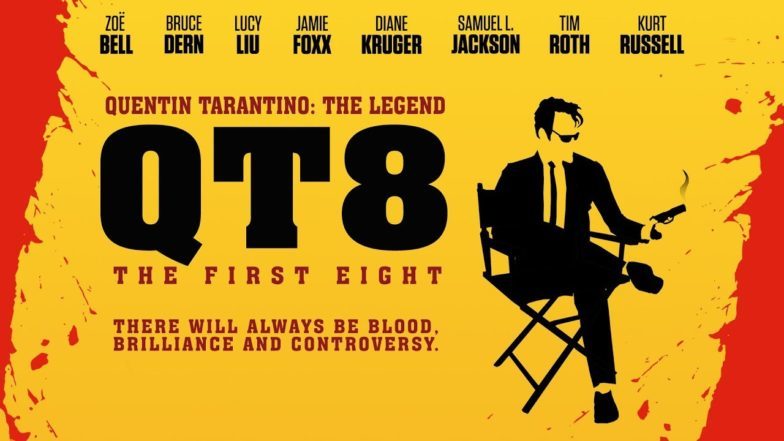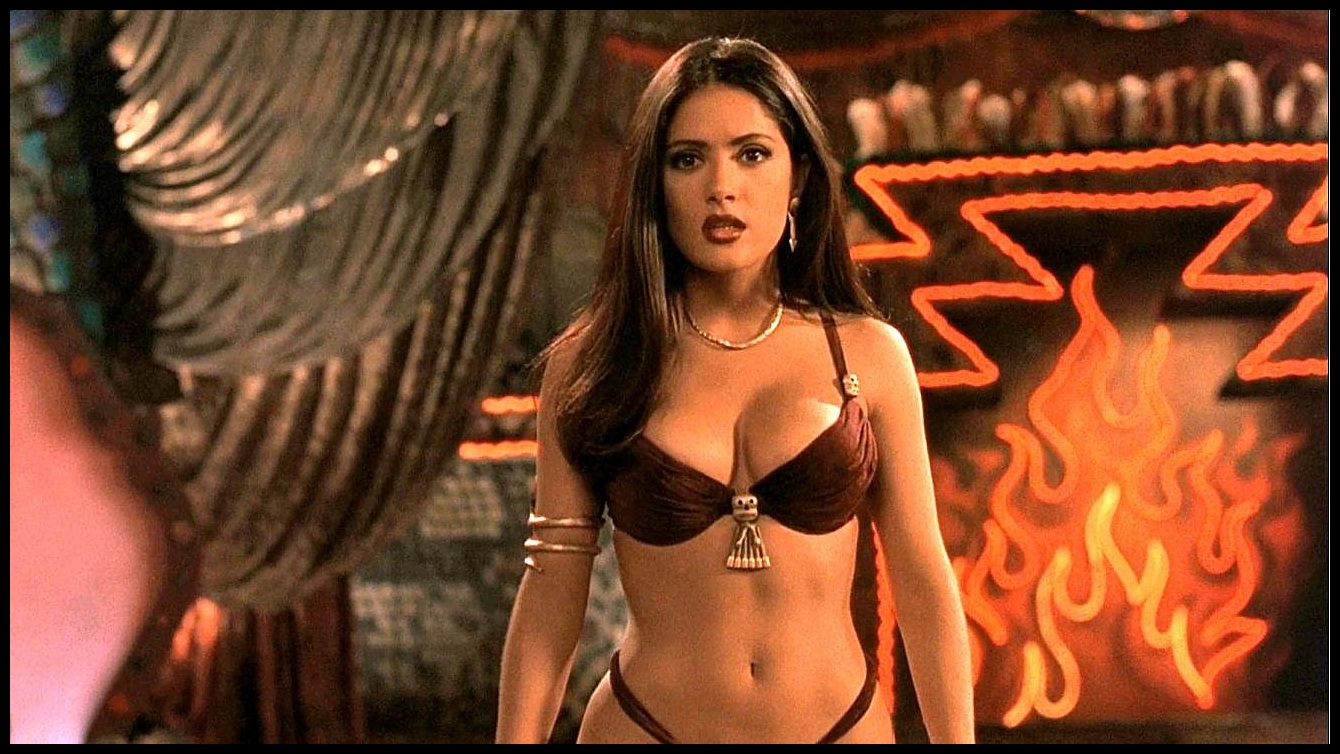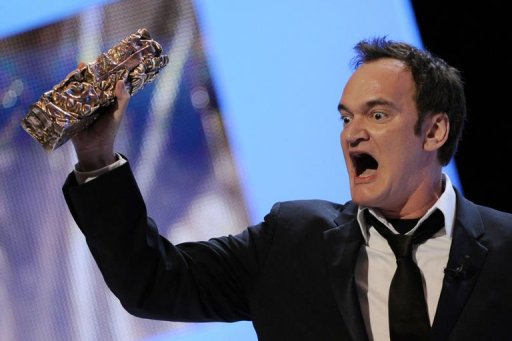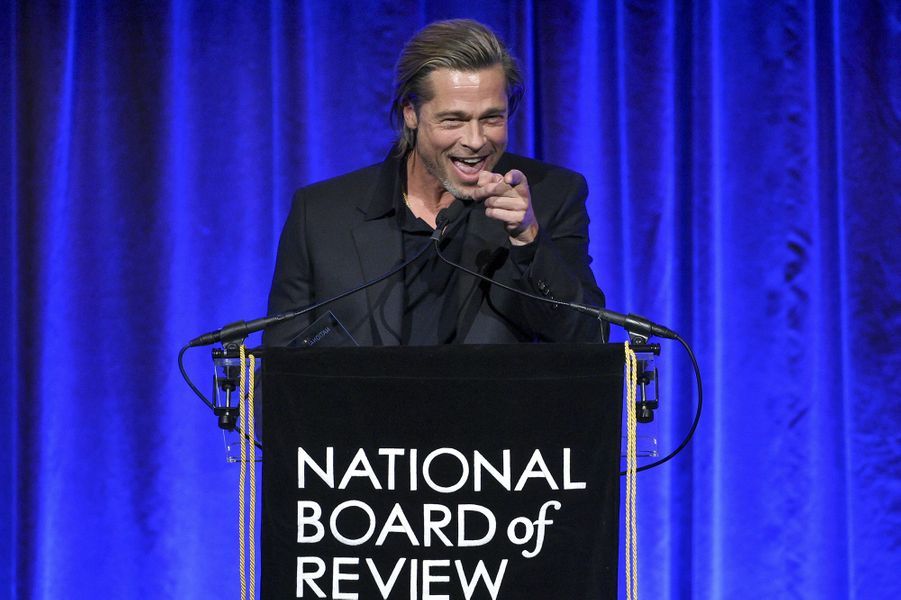Le site du New Beverly, cinéma de L.A détenu par Tarantino, poste régulièrement des critiques de films rédigées directement par QT himself. Cette fois-ci, c'est Sometimes a Great Notion de Paul Newman, sorti en 1971, qui a les honneurs. Le film est sorti en France sous le titre Le clan des irréductibles et il s'agit de l'adaptation du roman Et quelque fois j'ai une grande idée de Ken Kesey, auteur de Vol au dessus d'un nid de coucou.
"One of my favorite Pauline Kael quotes was about the lame Paul Newman service comedy
“The Secret War of Harry Frigg” (not to be confused with the lame Charlton Heston service comedy
The Private War of Major Benson or Frank Tashlin’s sad swan song
The Private Navy of Sgt. O’Farrell). Where Kale asked with witty incredulity about Newman’s directorial aspirations,
“How can somebody who wants to direct, work with Jack Smight twice?” (Smight was admittedly a hack, but also admittedly I do enjoy a few films,
Traveling Executioner, Fast Break, and his TV movie
The Longest Night which I shamelessly ripped off for both
Kill Bill Vol 2 & my
CSI episode which was ironically edited by his son Alec Smight). But to direct is what Newman wanted. And interesting
ly enough
it wasn’t movies starring him he wanted to make. He wanted to deal with
harsh emotional material (mostly theatrical adaptations) that he never
sought to appear in. In a way he was like a theatrical material oriented
John Cassavetes, crafting intense emotional experiences that struck
most audiences as cruel endurance tests more then entertainment
(especially
The Effect of Gamma Rays on Man-In-The-Moon Marigolds, which
powerful as it is, plays like emotional child torture porn). As well
as, like Cassavetes, crafting bravura performances for his wife Joanne
Woodward (considered at the time one of America’s finest actresses). And
speaking of
at the time, Newman after 1969’s
Butch Cassidy and The Sundance Kid
was at the height of his second wave of movie star popularity. He had
been voted in 1969 & 1970 the number one box office star in America.
But as opposed to his two Woodward led passion projects (
Rachel, Rachel & Gamma Rays) the movie adaptation of Ken Kesey’s
Sometimes A Great Notion was a starring vehicle that
became a directorial job after he fired the original director Richard (
Fuzz) Colla (that’s how Brando ended up directing
One-Eyed Jacks, by firing Kubrick. Sidney Poitier fired Joseph Sargent from
Buck and the Preacher then took his place. And Clint Eastwood fired Philip Kaufman from
The Outlaw Josey Wales and assumed the helm. Now the DGA won’t let stars or producers do that anymore).
Sometimes a Great Notion is
a good somewhat compromised movie, that is justly famous for one of the
greatest scenes in early seventies cinema. Most of the fervent admirers
of Kesey’s novel find, except for
that scene, the movie a
rather lackadaisical adaptation of their favorite book. But most of us
who only know the material from Newman’s movie, that scene alone is
enough to make it a classic of its era."

